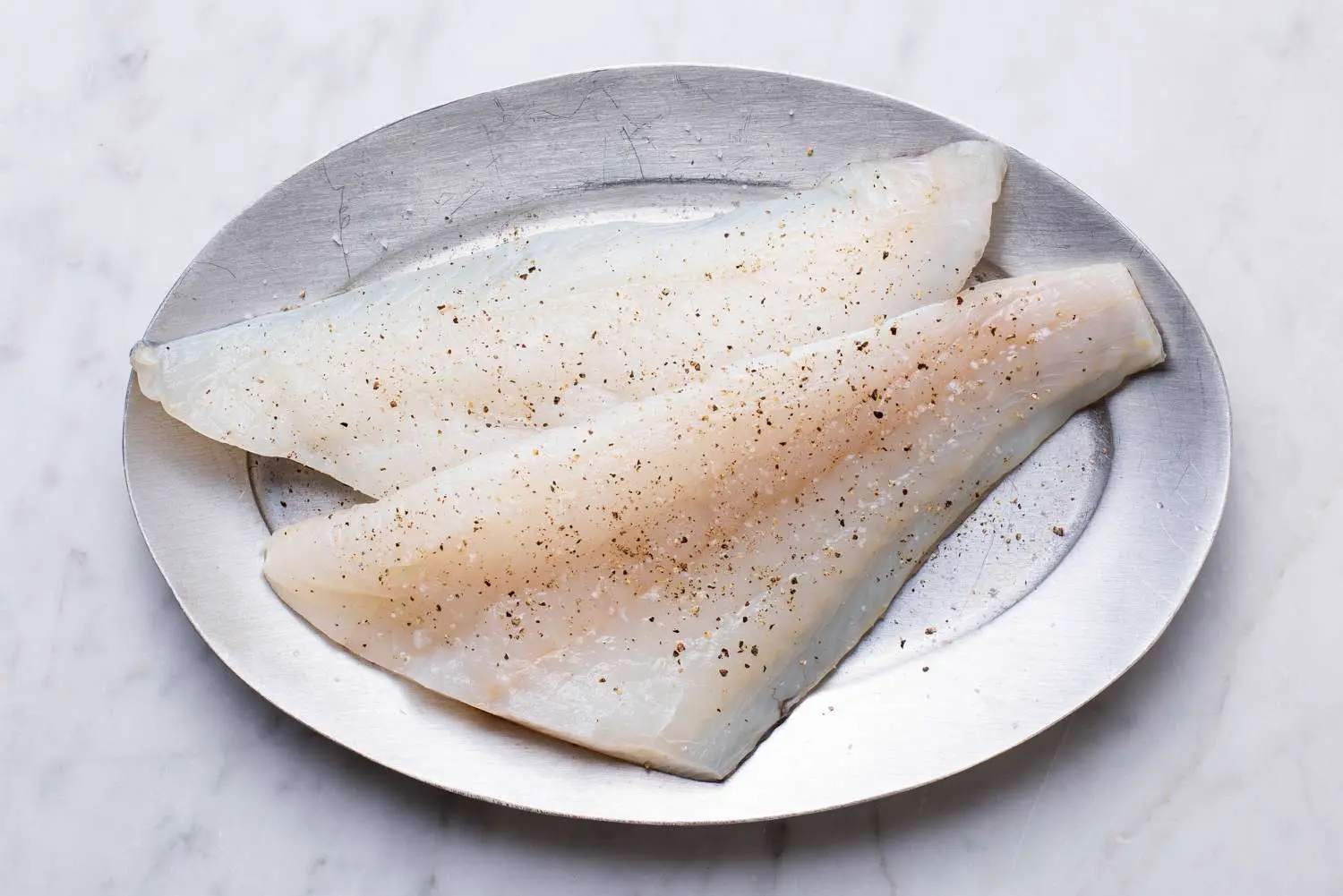When it comes to maintaining a healthy diet, it's important to choose foods that are nutritious and support your overall well-being. One popular choice is fish, which is often recommended as part of a healthy eating plan. However, not all fish are created equal in terms of their nutritional content. In this article, we will explore whether smoked haddock is fattening and its overall impact on your health.
Health Benefits of Haddock
Haddock is a type of white fish that offers several health benefits. It is low in fat, high in protein, and a good source of omega-3 fatty acids. Omega-3 fatty acids are essential fats that play a vital role in supporting your body's health and well-being.
When it comes to nutrition, a 5-ounce (100g) serving of cooked haddock contains approximately 90 calories, 20 grams of protein, 0.6 grams of fat, and no carbohydrates. It is also an excellent source of vitamin B12, vitamin B6, selenium, and phosphorus.
Low in Fat and Calories
Haddock is a great choice for those looking to maintain a healthy weight or lose weight. With only 0.6 grams of fat per serving, it is considered a very low-fat food. Additionally, a 5-ounce serving of cooked haddock contains only 90 calories, making it a low-calorie protein option.
Most of the fat in haddock comes from healthy polyunsaturated fats, including omega-3 fatty acids. These types of fats are beneficial for heart health and overall well-being.
Rich in Protein
Protein is an essential nutrient that plays a crucial role in building and repairing tissues, supporting immune function, and providing energy. Haddock is a high-quality source of protein, offering all the essential amino acids your body needs to function properly.
In fact, a 5-ounce serving of cooked haddock provides 20 grams of protein, making it an excellent choice for those looking to increase their protein intake.
Omega-3 Fatty Acids
Haddock is also a good source of omega-3 fatty acids, which are essential for brain health, heart health, and reducing inflammation in the body. A 5-ounce serving of cooked haddock contains approximately 0.166 grams of omega-3 fatty acids.
Omega-3 fatty acids, such as eicosapentaenoic acid (EPA) and docosahexaenoic acid (DHA), are primarily found in fish and have been linked to various health benefits, including improved heart health, brain function, and reduced risk of age-related macular degeneration.

Health Risks and Considerations
While haddock is generally considered a healthy food choice, it's essential to consider individual dietary needs, allergies, and any potential health risks associated with consuming haddock.
Mercury Content
All fish contain some level of mercury, a naturally occurring metal that can be toxic in high amounts. Pregnant women and nursing mothers should be especially cautious about their mercury intake due to its potential impact on fetal neurodevelopment.
However, haddock is considered a low-mercury fish, making it a safer choice for those concerned about mercury exposure. It is essential to consume a variety of fish and seafood to minimize mercury exposure while still enjoying the health benefits of omega-3 fatty acids.
Allergies
Fish allergies are relatively common, and haddock is no exception. Fish allergies can cause a range of reactions, including anaphylaxis, which can be life-threatening. If you suspect you have a fish allergy, it is essential to consult an allergist for proper diagnosis and guidance.
- Is smoked haddock fattening?
- Can haddock help with weight loss?
- How should I store haddock?
- How can I prepare haddock?
No, smoked haddock is not considered fattening. It is low in fat, high in protein, and a good source of omega-3 fatty acids.
Yes, haddock can be beneficial for weight loss due to its low calorie and fat content, as well as its high protein content.
Fresh haddock should be stored in the refrigerator and consumed within a day or two. Frozen haddock can be kept in the freezer for up to eight months.
Haddock can be prepared in various ways, including baking, grilling, or pan-frying. One simple and healthy option is to bake haddock in the oven with olive oil, salt, pepper, and fresh lemon slices.
Overall, smoked haddock is not considered fattening and can be a healthy addition to your diet. It is low in fat, high in protein, and a good source of omega-3 fatty acids. Haddock offers various health benefits, including supporting heart health, brain function, and reducing the risk of age-related macular degeneration. However, it's important to consider individual dietary needs, allergies, and the potential risks associated with consuming haddock. As with any food, moderation and balance are key to maintaining a healthy diet.
If you want to know other articles similar to Is smoked haddock fattening? health benefits, risks, and considerations you can visit the Nutrition category.


Related Articles